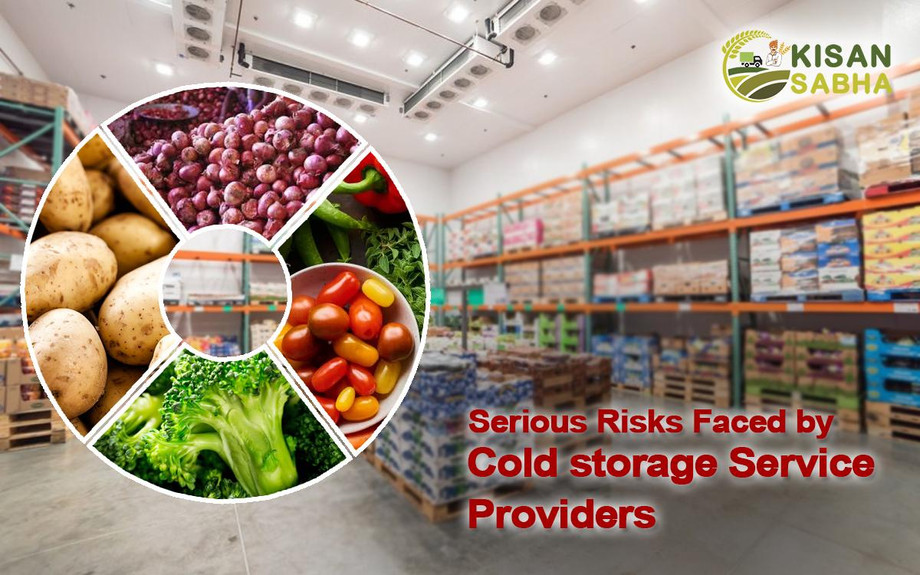Cold storage service providers play a crucial role in the global supply chain, preserving perishable goods such as food, pharmaceuticals, and chemicals at controlled temperatures. While their services are essential, they face various risks in their day-to-day operations. In this blog, we will explore the challenges and risks that cold storage service providers encounter and how they manage them to ensure the safe storage and transportation of temperature-sensitive products.
One of the primary risks for cold storage service providers is equipment failure. Refrigeration systems, freezers, and temperature monitoring devices can malfunction, leading to temperature fluctuations that can spoil or damage stored goods. To mitigate this risk, providers must invest in regular maintenance and monitoring of their equipment to ensure it operates efficiently.
Power outages can disrupt temperature control systems and lead to temperature deviations within storage facilities. Cold storage providers must have backup power systems like generators or uninterruptible power supplies (UPS) to maintain the required temperature levels during electrical failures.
Maintaining a consistent temperature within the storage facility is critical. Even minor fluctuations can affect the quality and safety of the stored products. Temperature-sensitive goods, especially pharmaceuticals and vaccines, can lose their efficacy if exposed to temperature variations. To manage this risk, providers employ advanced monitoring systems and alarms to detect and rectify deviations promptly.
Cold storage facilities often house valuable and sensitive products. Therefore, they are vulnerable to theft or unauthorized access. Security measures such as surveillance cameras, access control systems, and on-site security personnel are crucial to safeguard the stored inventory.
Compliance with various industry and government regulations is a significant challenge for cold storage service providers. Different products, such as food, pharmaceuticals, and chemicals, may have specific storage and handling requirements. Non-compliance can lead to legal and financial consequences, including product recalls. Providers need to stay updated on regulations and invest in training to ensure they are met.
Natural disasters like floods, hurricanes, or earthquakes can disrupt cold storage operations. These events may cause power outages, damage facilities, and compromise product integrity. Providers should have contingency plans and insurance coverage in place to address such risks.
Human error is another risk that cannot be overlooked. Mistakes in temperature monitoring, inventory management, or handling products can result in significant losses. Training and continuous education for employees are essential to minimize this risk.
Cold storage service providers are part of a broader supply chain. Disruptions in the transportation or distribution of products can affect their operations. These disruptions can be due to factors like labor strikes, transportation delays, or logistical issues. Providers need contingency plans to manage these unforeseen events.
Cold storage service providers are essential links in the supply chain, ensuring the safe storage and transportation of temperature-sensitive products. However, they face various risks and challenges, including equipment failures, power outages, temperature fluctuations, security concerns, regulatory compliance, natural disasters, human error, and supply chain disruptions. To mitigate these risks, providers invest in advanced technology, rigorous training, contingency planning, and regulatory compliance, all aimed at ensuring the integrity and safety of the stored products they handle.

